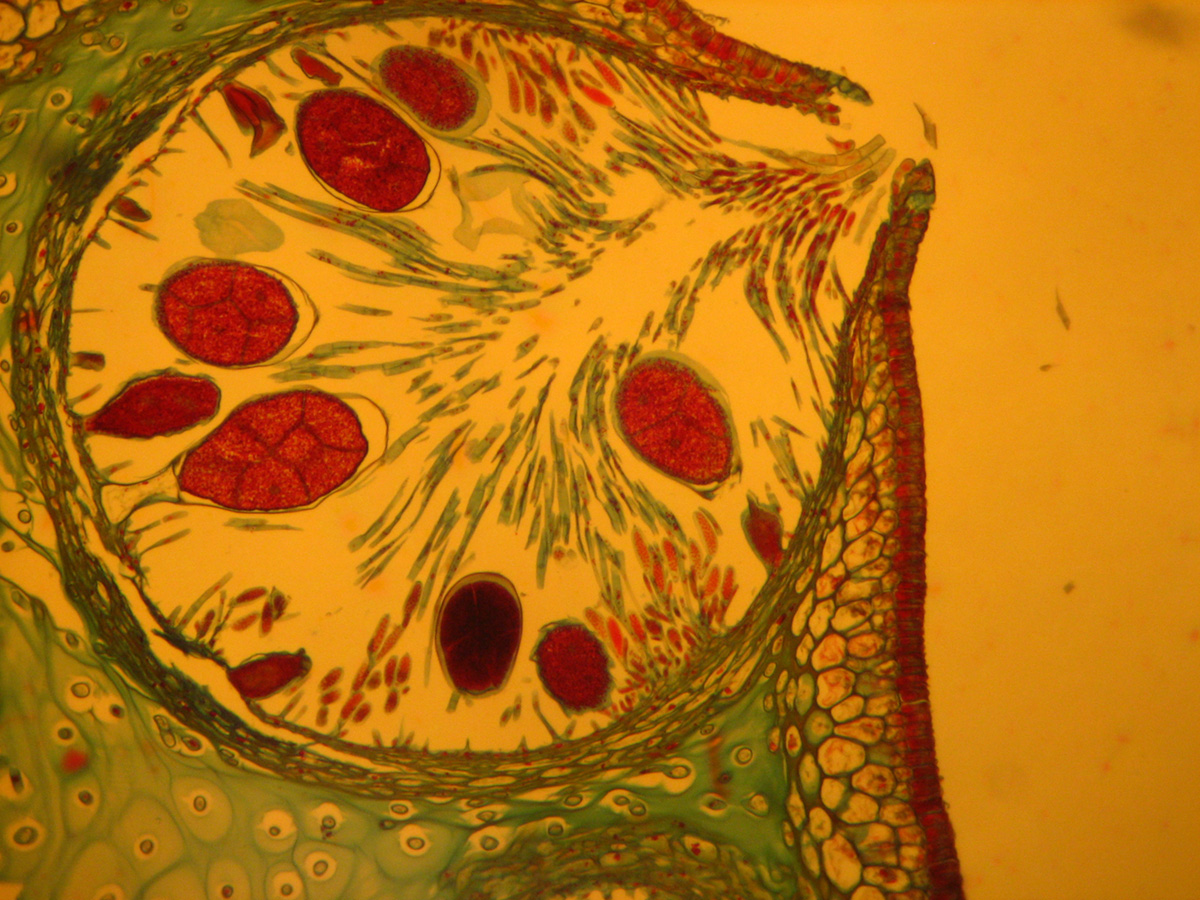
Introduction to thyroid disease
As far as thyroid disease go, hypothyroidism is when the thyroid gland is underactive and hyperthyroidism is when it is overactive.
The thyroid is shaped like a butterfly and it is a gland that is located in the neck, right above the collarbone. When a person has any type of thyroid disease, it means that the body is using energy either at a slower or faster pace than is normal. Hypothyroidism is much more common, and when a person has this condition they often gain a lot of weight, feel tired all the time and have trouble dealing with cold weather and low temperatures generally.
However, if the thyroid is overactive, then more hormones are being produced than the boy actually needs. In this type of disease, the person will most likely be losing weight, and the heart rate will be increased. People with overactive thyroid glands will also be extremely sensitive to heat.
Causes
There are many different things that can cause thyroid problems. One of the most common causes is malnutrition. Some people who have problems with their thyroid gland will suffer from iodine deficiencies, which will result in a lack of protection of the gland.
Foods that can interfere with the gland include soy, millet and cassava. Vitamin A, magnesium and iron deficiencies can also cause problems for the thyroid gland.
Another common cause of the thyroid problems is stress. Hormones such as cortisol are released when a person is under stress, and chronic stress can cause hormonal imbalances which will lead to thyroid diseases.
Genetics are another common cause, since people who have family members that have suffered from thyroid problems are more likely to have them as well.
Symptoms
When a person has hypothyroidism some of the common symptoms include being tired, fatigue, depression, not being able to think clearly or concentrate, unexplained weight gain, dry and itchy skin, thinning hair, constipation, feeling cold constantly, and muscle cramps. Women may experience infertility or miscarriages, more frequent menstruation and an increase in flow during menstruation.
When a person has hyperthyroidism, they will usually act nervous and irritable. They will sweat a lot more, have thinning hair, skin problems, shaky hands, problems with panic disorders, they will be unable to sleep properly, have an increased heart rate, go to the bathroom more frequently, lose weight despite eating regularly and have muscular weakness. Women might experience lighter flows during their menstrual periods.




-And-Children-16-Warning-Signs-And-Symptoms_f_280x120.jpg)

-In-Adults_f_280x120.jpg)



-In-Infants-And-Older-Children_f_280x120.jpg)






Your thoughts on this
Loading...